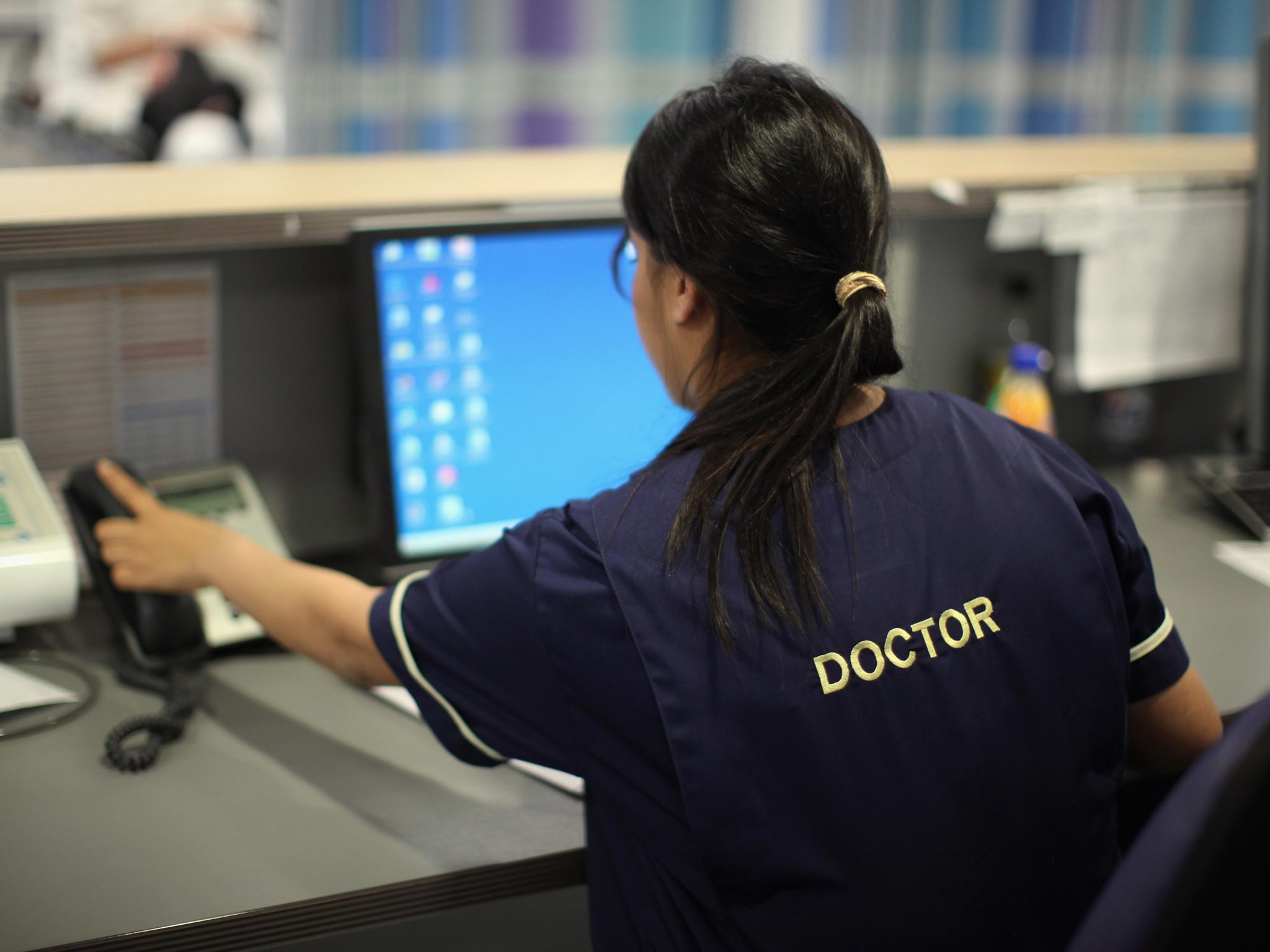Overworked staff at ‘24 hours in A&E’ hospital caught sleeping on the job

It is a leading NHS hospital whose doctors, nurses and porters became household names through a warts-and-all documentary, 24 Hours in A&E. But behind the scenes at King’s College Hospital, staff have been borrowing patients’ pillows, linen and mattresses to sleep on the job, it can be revealed.
The leading major trauma unit in south London has become a microcosm of the wider NHS, according to trade unions claiming workers are being required to work longer hours than ever.
In a document seen by The Independent, workers at King’s were warned: “There have been a number of recent incidents where staff have been found asleep on duty, or it has been reported that staff have been asleep on duty.”
Hospital workers were found sleeping during night shifts. But there have also been reports of workers sleeping during the day. “In some cases, hospital linen and pillows, or patient mattresses, have been used by staff. This is completely unacceptable,” staff at King’s were told.
While senior managers at the hospital admit that sleeping on duty “used to be common” when doctors and nurses were working for extended periods, they add that this is “no longer the case”.
They stress that hospitals are now “much busier” than in previous years with “acutely ill patients who need care 24 hours per day”. The twin drivers of increased demand at hospitals across Britain are obesity – and associated medical conditions – and an ageing population requiring more treatment.
At King’s, emergency situations are now said to be more common than ever before, and staff have been told to be “alert and able to respond should these occur during their break time”.
“There is no reason for any staff member to be asleep on duty. There are no exceptions – this applies to clinical and non-clinical staff,” employees were told.
Research released by the Royal College of Physicians last year found that 37 per cent of medical registrars – the workhorses of hospital care – said their workloads were “unmanageable”. The RCP said hospital workers were at “crisis point” while the NHS could struggle to provide the best care for patients if the workload on staff was not “urgently reviewed”.
In May last year, while touring the south London hospital, the Health Secretary Jeremy Hunt admitted that “more A&E staff were needed” in light of surging demand and increased workloads. He told ITV News that even though there were 6,000 more doctors than at the time of the last election, more staff were needed to cope with surging demand.
A month later, a Unite survey of NHS employees found that 61 per cent of people frequently or always worked longer than their contractual hours. Some 85 per cent of respondents said their workloads had increased in the past 12 months.
Rachael Maskell, Unite’s head of health told The Independent: “With the cuts and restructuring going on in the NHS, people have to work longer hours, under more stress and with less compensation – this is simply unsustainable. If they are too tired to work Unite would strongly advise staff to inform their managers in order to protect patient safety, but it is symptomatic of the culture of fear that exists in many trusts if staff do not feel that they can.”
A spokesman for King’s College Hospital said: “There have been isolated incidents of staff being found asleep whilst on duty. Incidents such as this are rare. However, they are entirely unacceptable, and we have been communicating the seriousness of this with our staff. Providing top quality care for our patients is our number one priority. To do this, staff must be vigilant and alert at all times.”
Subscribe to Independent Premium to bookmark this article
Want to bookmark your favourite articles and stories to read or reference later? Start your Independent Premium subscription today.

Join our commenting forum
Join thought-provoking conversations, follow other Independent readers and see their replies